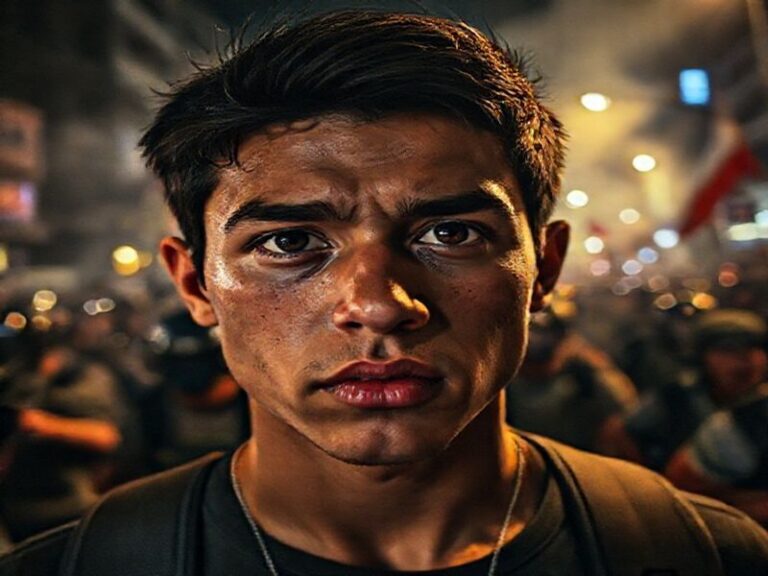From Lagos to Lahore: How the NFL Turned a 100-Yard Patch of Astroturf into Planet Earth’s Favorite Soap Opera
The NFL’s Quiet Empire: How a 100-Yard Strip of Astroturf Conquered the Planet
By Diego “The Referee” Marconi, Senior Correspondent, Dave’s Locker
On the surface, last Sunday’s Super Bowl was a quintessentially American carnival: pop stars descending from the rafters like glitter-dipped angels, 30-second commercials that cost more than the GDP of Tonga, and a halftime show that doubled as a stealth recruitment video for the U.S. Space Force. Yet the broadcast was watched live in 190 countries, translated into 25 languages, and cheered by insomniacs from Lagos to Lahore, proving once again that the National Football League has quietly become the United States’ most effective soft-power export since the phrase “to Google something.”
How did a league whose rulebook is thicker than a Tolstoy novel and whose games last longer than a Wagner opera colonize the global imagination? Simple: the NFL learned the first lesson of imperialism—make your subjects think it was their idea. London now hosts three regular-season games a year, and the Tottenham Hotspur Stadium obligingly swaps out its hallowed grass for a tray of plastic turf the way a dutiful butler rolls out the red carpet for an unwelcome duke. Germany, still culturally allergic to military pageantry after a couple of unfortunate mid-century incidents, has discovered that the Bundesliga’s polite applause can’t compete with the primal scream of a linebacker obliterating a wide receiver. Ticket demand in Munich is so rabid that scalpers have started accepting payment in Oktoberfest beer tokens.
Meanwhile, Mexico City’s Estadio Azteca packs in 90,000 fans who treat every first down like the apparition of the Virgin of Guadalupe. The NFL, never shy about monetizing miracles, now stages its “Monday Night Football” kickoff at 9:30 a.m. Eastern to hit Beijing prime time, ensuring that Chinese factory workers can watch Patrick Mahomes throw a 60-yard missile while their managers watch productivity metrics plummet faster than Tom Brady’s 40-yard-dash time.
The league’s global expansion is underwritten by an armada of streaming partners—from Amazon’s Bezos-copter to DAZN’s ever-expanding pan-regional octopus—that beam games to phones faster than you can say “concussion protocol.” The result is a planetary monoculture where a kid in Jakarta can debate the Dallas Cowboys’ secondary depth chart with a taxi driver in Copenhagen while both wait for the same Taylor Swift song to finish. Cultural critics call it “McDonaldization”; the NFL calls it “Sunday.”
Of course, the sport’s signature violence is repackaged abroad as existential poetry. In France, where existentialism was practically invented, commentators describe a brutal sack as “a meditation on the impermanence of consciousness.” Japanese highlight shows add subtitles like “The fleeting beauty of the blitz,” as if the linebacker were a samurai composing haiku with his helmet. Even the European Union, usually scandalized by anything more aggressive than a strongly worded press release, has granted the NFL an exemption from its audiovisual quotas, tacitly admitting that 22 padded mercenaries chasing an inflated pigskin are more persuasive than 27 commissioners discussing agricultural subsidies.
The cynic—hello—will note that empire always leaves scars. British sports pubs now open at 2 a.m. to screen games, creating a new class of sleep-deprived hooligans who riot over pass-interference calls instead of soccer scores. In Nairobi, counterfeit NFL jerseys fund everything from school fees to small arms deals, proving that globalization can stack hypocrisies like Russian nesting dolls. And somewhere in the Pacific, a cargo ship burns bunker fuel to deliver 40,000 foam fingers to Manila, each one destined for a landfill that will outlast the league itself.
Yet for all the moral arithmetic, the NFL keeps selling the oldest story on earth: tribal belonging. Whether you wear cheese on your head in Wisconsin or wave a foam tomahawk in São Paulo, you’re granted temporary citizenship in a nation whose borders are redrawn every 15 minutes by the yellow flag of a referee who definitely has money on the under. And in a fractured world where real nations can’t agree on carbon limits or cease-fires, that may be the most American miracle of all—convincing 8 billion people that the only thing worth fighting over is a ball that isn’t even round.







